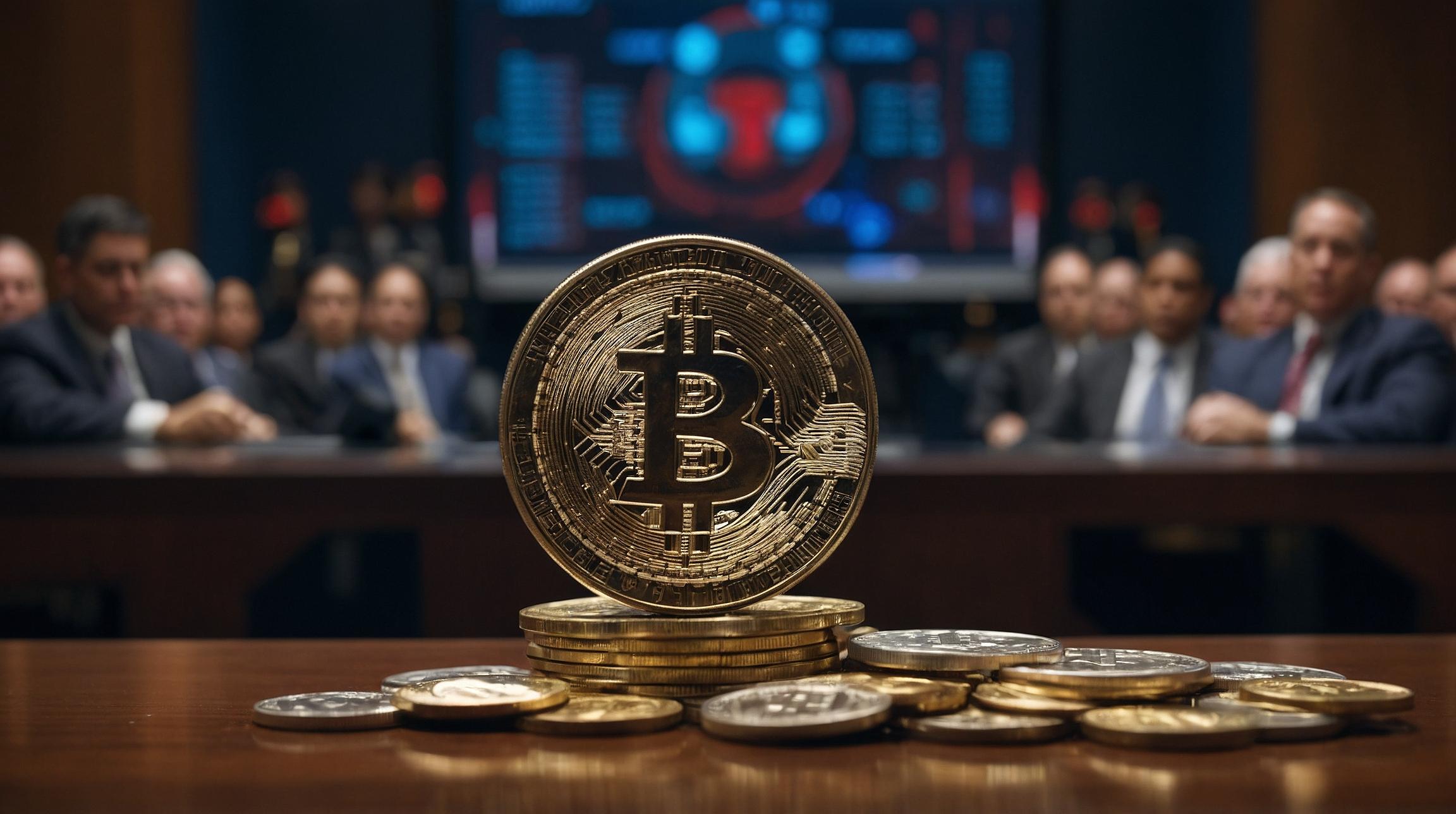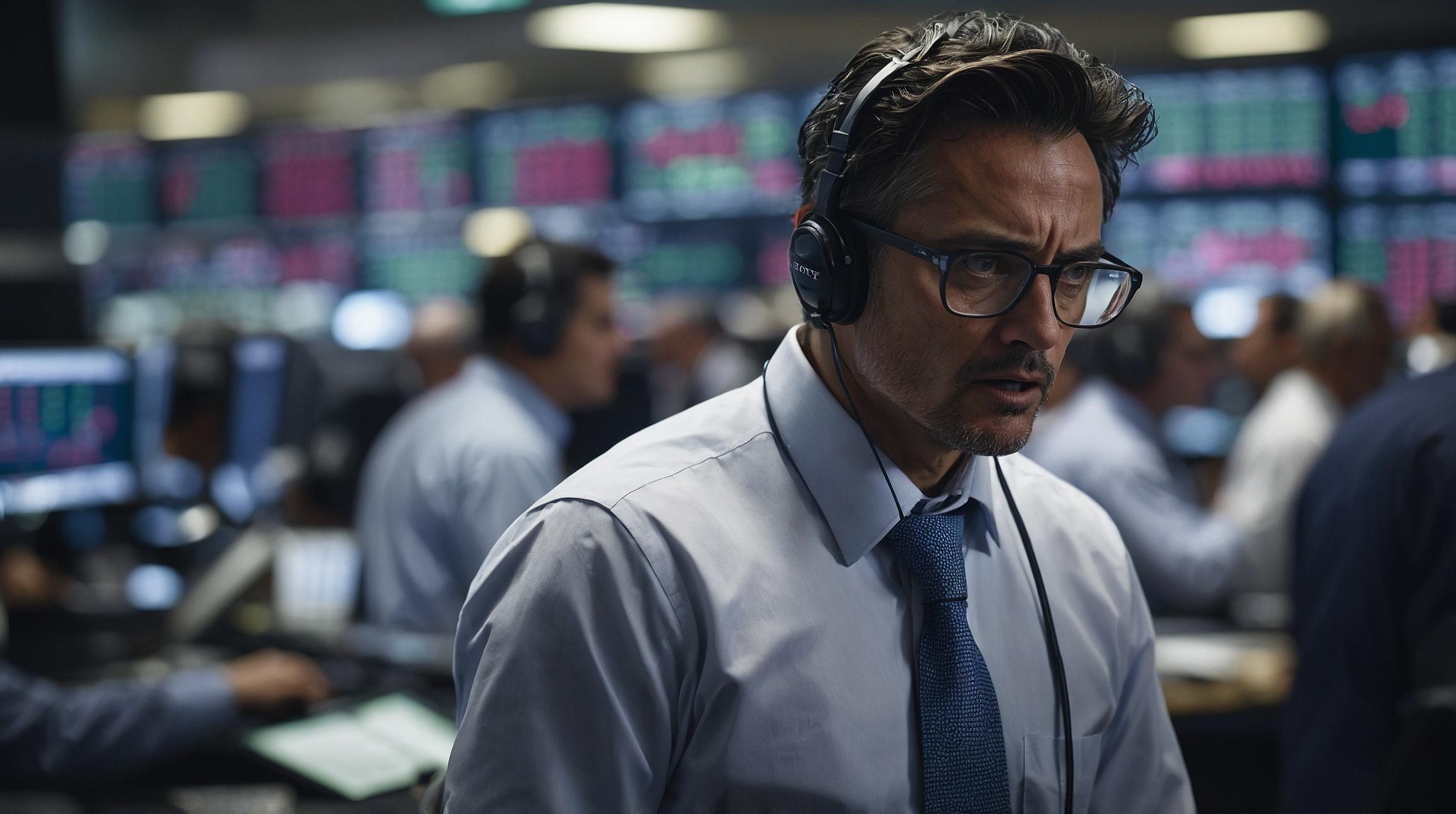US SEC Challenges Court Ruling on Cryptocurrency Regulation
The U.S. Securities and Exchange Commission (SEC) announced on Wednesday its intention to appeal a significant court ruling that limits its ability to regulate the cryptocurrency markets. This development is crucial as it could redefine how digital assets like XRP are classified and regulated in the United States.
The Court Ruling and Its Implications
In a July 2023 decision, U.S. District Judge Analisa Torres ruled that the XRP token, when sold by Ripple Labs on public exchanges, did not fulfill the legal criteria to be classified as a security. This ruling exempted approximately $757 million in XRP sales from investor protection laws typically enforced by the SEC.
If the 2nd U.S. Circuit Court of Appeals in Manhattan upholds this decision, it could significantly hamper the SEC's ability to oversee entities like Coinbase and other platforms involved in newer, non-traditional financial products. Such a decision might also set a precedent that narrows the definition of what constitutes a security under U.S. law.
Partial Victory and Financial Implications
Despite the setback, the SEC did achieve a partial victory. Judge Torres determined that another $728 million worth of XRP sales to institutional investors should have adhered to securities laws. Consequently, she imposed a $125 million fine on Ripple, although this penalty is currently on hold pending the outcome of the appeal. It's notable that the SEC originally sought a $2 billion fine.
Ripple's Response to the SEC's Appeal
Ripple's CEO, Brad Garlinghouse, expressed his dissatisfaction with the SEC's decision to appeal, calling it "misguided" and "infuriating." However, he acknowledged that the move was not unexpected. Garlinghouse reassured stakeholders by stating, "While we'll fight in court for as long as we need, let's be clear: XRP's status as a non-security is the law of the land today."
Broader Impact on Cryptocurrency Regulation
This ongoing legal battle between the SEC and Ripple is emblematic of the broader struggle to define and regulate digital assets and decentralized finance (DeFi) products. The outcome of this appeal could have far-reaching consequences for the cryptocurrency industry, potentially influencing how digital assets are traded and regulated globally.
As the case progresses, market participants and regulators worldwide will be closely monitoring its implications for the future of financial innovation and investor protection in the rapidly evolving cryptocurrency ecosystem.













